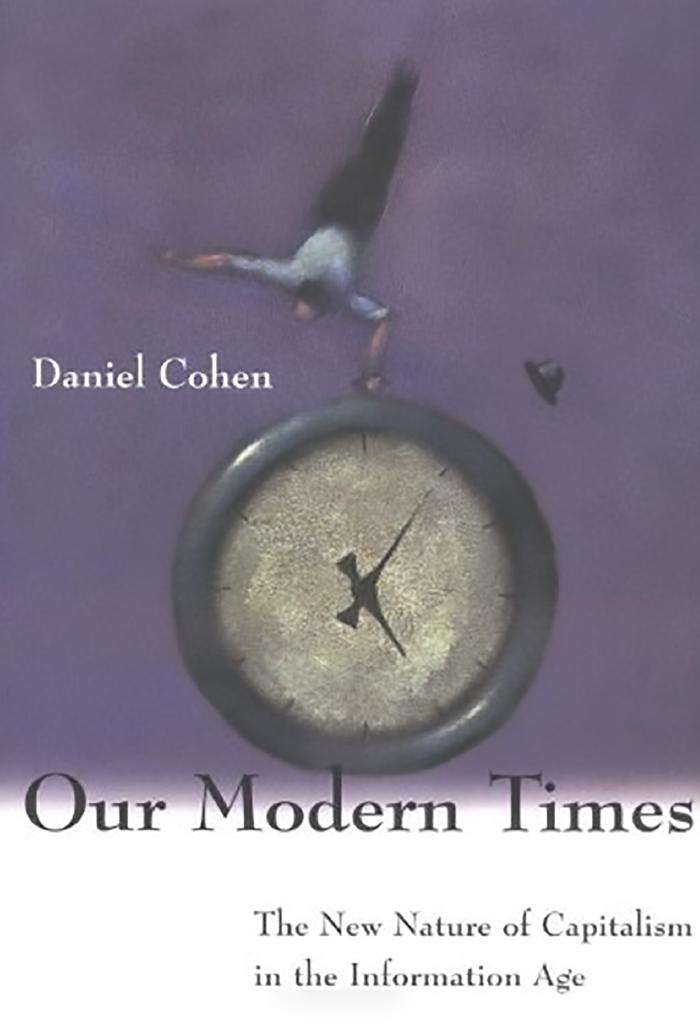

Most ebook files are in PDF format, so you can easily read them using various software such as Foxit Reader or directly on the Google Chrome browser.
Some ebook files are released by publishers in other formats such as .awz, .mobi, .epub, .fb2, etc. You may need to install specific software to read these formats on mobile/PC, such as Calibre.
Please read the tutorial at this link: https://ebookbell.com/faq
We offer FREE conversion to the popular formats you request; however, this may take some time. Therefore, right after payment, please email us, and we will try to provide the service as quickly as possible.
For some exceptional file formats or broken links (if any), please refrain from opening any disputes. Instead, email us first, and we will try to assist within a maximum of 6 hours.
EbookBell Team

5.0
68 reviewsThe "modern times" of the early twentieth century saw the rise of the assembly line and the belief that standardization would make the world a better place. Yet along with greater production efficiency came dehumanization, as the division of labor created many jobs requiring mindless repetition rather than conscious involvement with work.
In our own modern times, a comparable revolution has been wrought by information technology. In Our Modern Times, Daniel Cohen traces the roots of this revolution back to the uprisings of 1968, when the youth of the industrialized world rejected the bourgeois values of their parents and the general situation of the workers. Students raised in the anti-establishment culture of the 1960s were able to shatter the world of standardization created by their parents. By the end of the twentieth century, information technology had created decentralized work structures that encouraged autonomy and personal initiative. But with this greater flexibility came the psychic stress and burnout of "24/7." Cohen explores the many ways that the new technology has changed our work and personal lives, our very conceptions of family and community. He argues compellingly that the present era represents a revolution that will be completed only when the importance of human capital is no longer overshadowed by the cost-saving efficiencies demanded by financial capital.